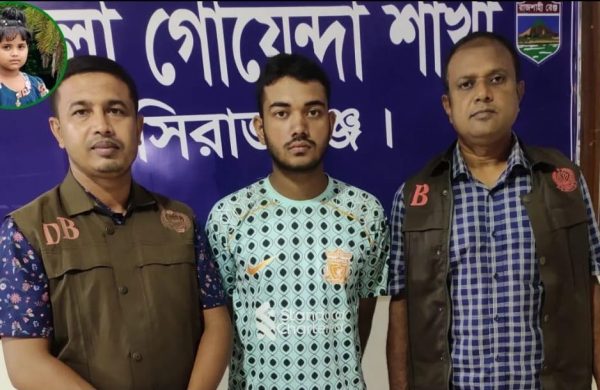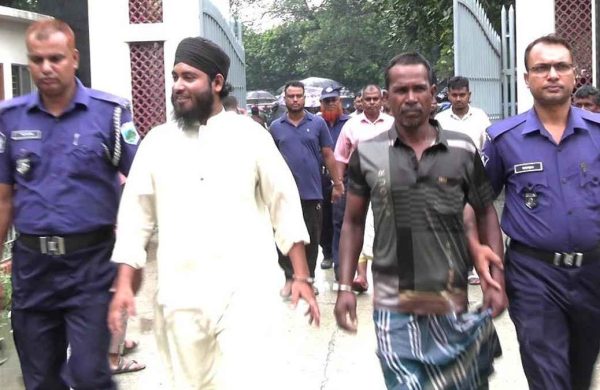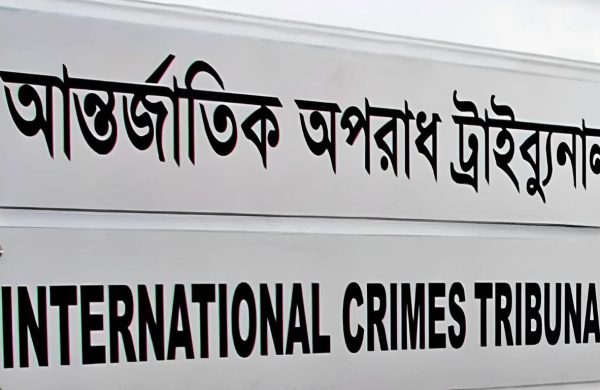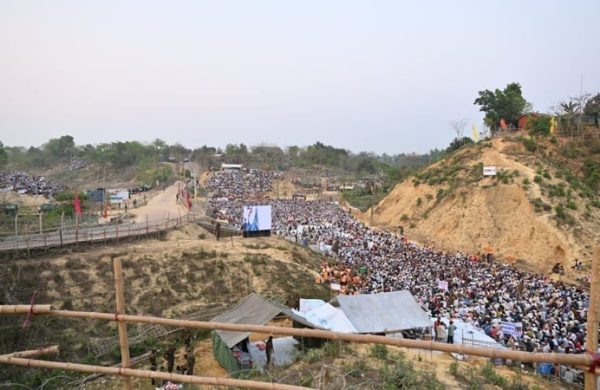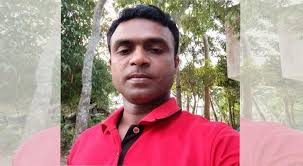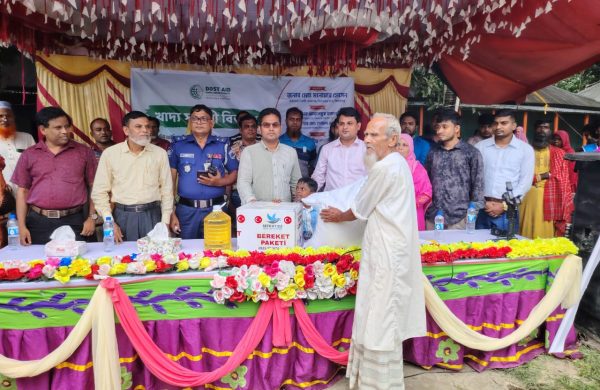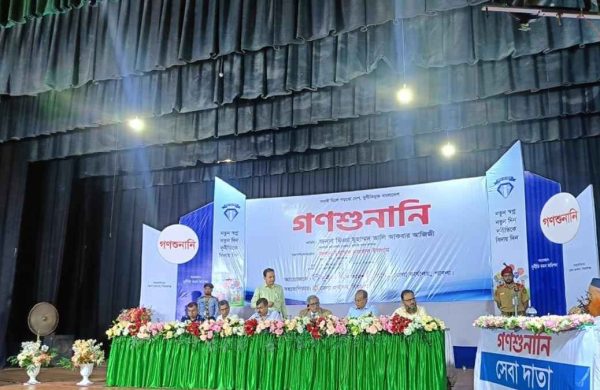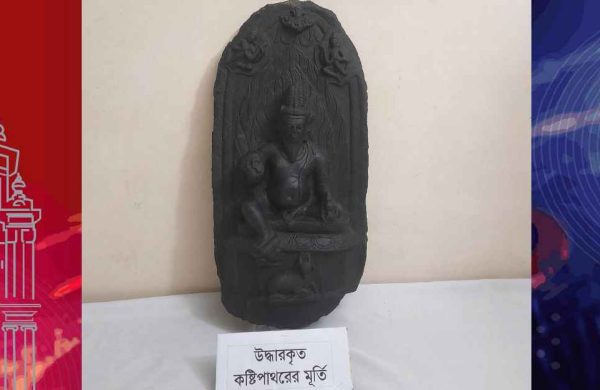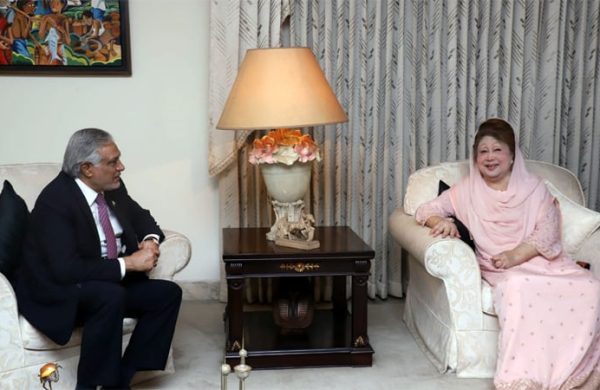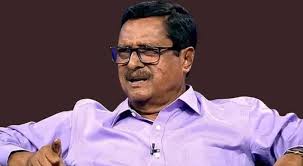Doctor says he was offered ‘Singapore trip’ to alter Abu Sayed’s post-mortem report
- Update Time : Sunday, August 24, 2025
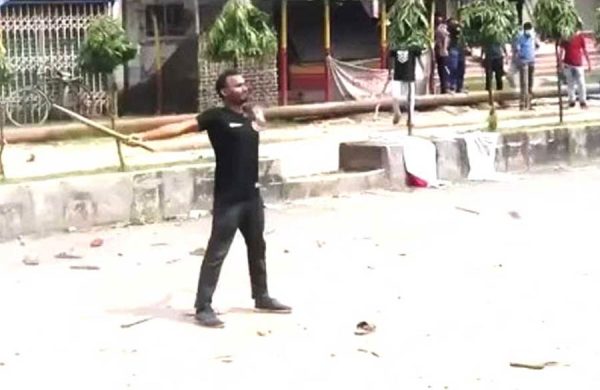
TDS Desk:
A doctor has testified that he was offered the chance to travel to Singapore or Thailand in exchange for altering the post-mortem report of Abu Sayed, a student who was killed during last year’s July Uprising.
On Sunday, Dr Rajibul Islam, assistant professor and head of the forensic department at Rangpur Medical College, gave his testimony before the International Crimes Tribunal-1, led by Justice Golam Mortuza Mozumder.
Abu Sayed, a student of Begum Rokeya University’s English Department, was shot dead on Jul 16 last year.
The tribunal is currently trying a case on crimes against humanity committed during attempts to suppress the protests, with former prime minister Sheikh Hasina, ex-home minister Asaduzzaman Khan Kamal, and former inspector general of police Chowdhury Abdullah Al-Mamun among the accused.
Out of 81 accused, testimonies from 16 witnesses have been taken previously. Sunday marked the seventh day of testimony hearings, with four witnesses presented.
Dr Rajibul said he conducted Abu Sayed’s post-mortem on Jul 16, 2024. His initial report stated that the body contained multiple pellets and that internal bleeding caused his death. He concluded: “This death is homicidal in nature.”
“When I submitted the report to the investigating officer of Tajhat Police Station, he consulted with superiors and told me to prepare another report instead of accepting mine,” Rajibul told the tribunal.
He said he was summoned to the office of Rangpur Medical College’s vice principal, where the principal, Dr Mahfuzur Rahman, City SB SP Siddiq, Rangpur Metropolitan Police DC Maruf, and Dr Chandan, president of Swadhinata Chikitshak Parishad’s Rangpur unit, pressured him to amend the report.
“DGFI, NSI and other police officers were outside. They threatened me with cases and action against me, saying there were intelligence reports on me. Then they offered inducements, saying I could travel to Singapore or Thailand, and when I replied I had no passport, they suggested I go to Cox’s Bazar on two weeks’ leave,” he said.
According to him, they insisted that he should state in the report that Sayed died from head injuries rather than gunshot wounds.
“I told the vice principal: the whole world saw on TV and media that Abu Sayed was killed by bullets. If I write now that he died from head injuries, the entire world will despise doctors,” Rajibul said.
He said Dr Chandan told him: “There is politics over Abu Sayeed’s body, the leader is concerned. Just prepare the report the police want, we’ll take care of you.”
By “leader”, Rajibul clarified, he meant then prime minister Hasina.
FINAL REPORT CHANGED UNDER PRESSURE
Rajibul said that in his fourth version, he omitted the mention of bullets, while keeping details of injuries.
“The final report said: Death was due to shock and haemorrhage as a result of above mentioned injuries which was antimortem and homicidal in nature, and please consider the circumstantial evidence.”
That fifth report was ultimately accepted, he said, though one intermediate report was allegedly destroyed by police.
At one point in his testimony, Dr Rajibul broke down in tears recalling the pressure he faced.
He also submitted to the tribunal a pen drive containing a video clip of an interview he had given to Qatar-based broadcaster Al Jazeera, which was then played in court.


